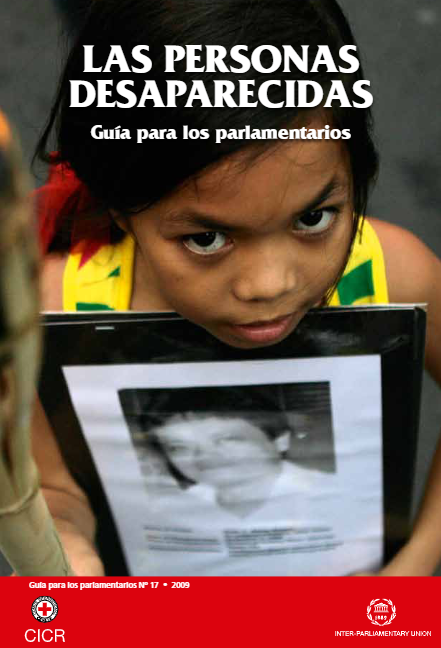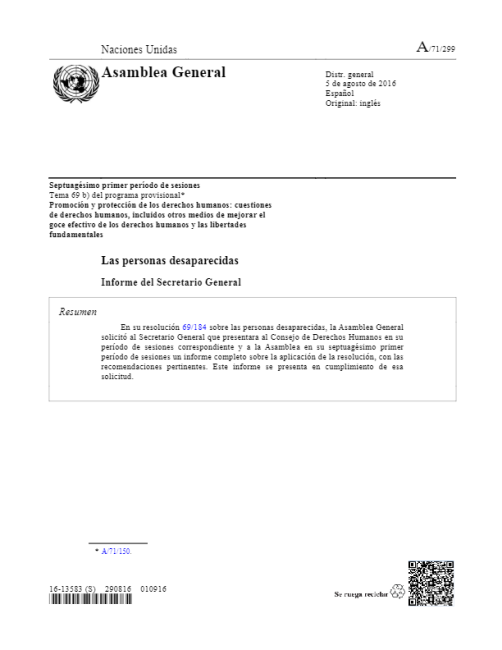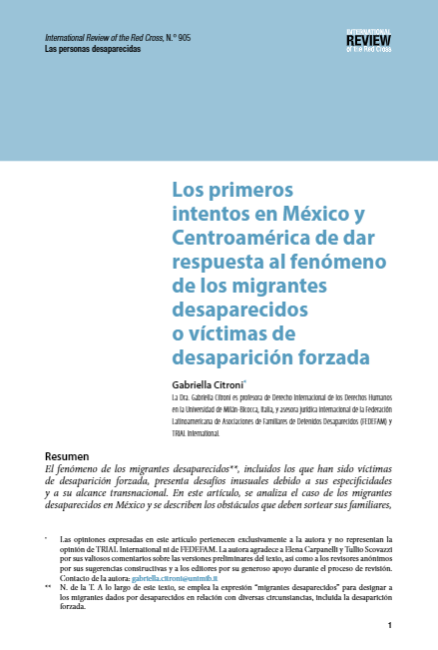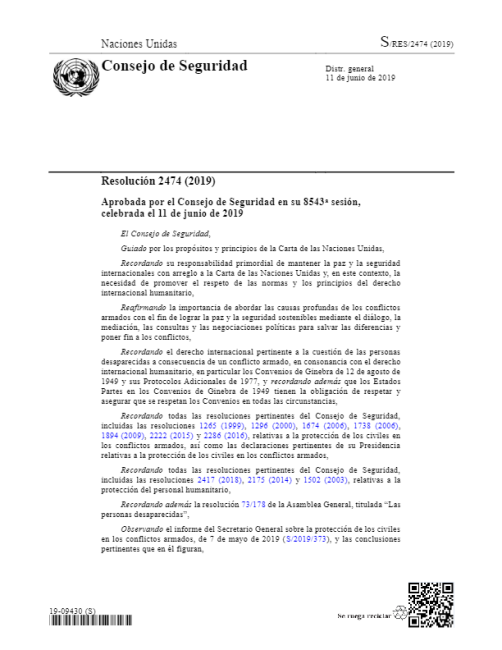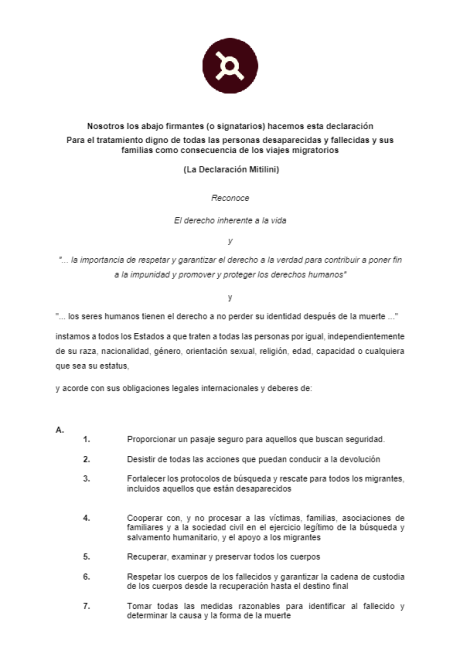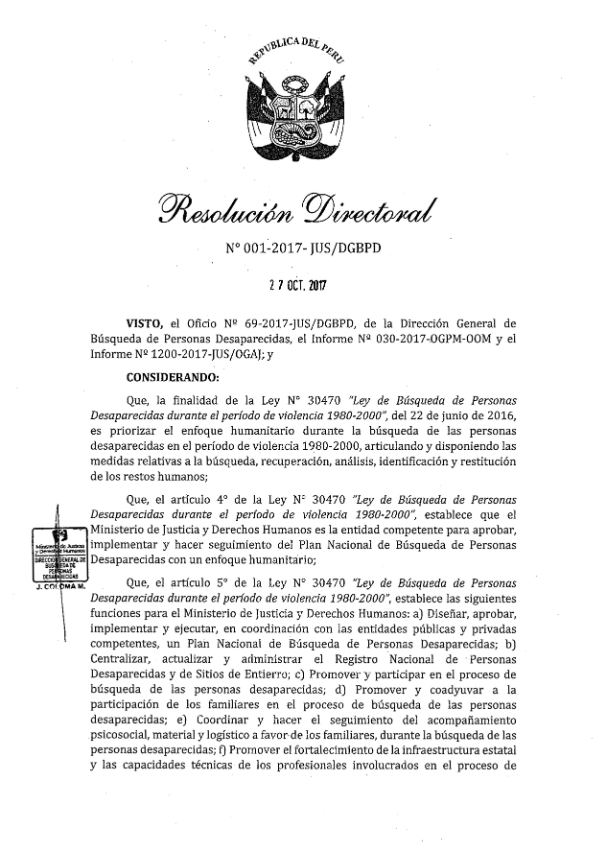
Directiva N° 001-2017-JUS/VMDHAJ-DGBPD para Normar el Proceso de Búsqueda de las Personas Desaparecidas con Enfoque Humanitario - Peru
The directive seeks to establish a search process for missing persons with a humanitarian approach, setting the basis for the implementation of the National Plan on the Search of Missing Persons (1980-2000) of 2016. The directive intends to develop the measures provided by in the National Plan on the Search of Missing Persons (1980-2000) of 2016. In regard to this, it outlines the three stages for the process of the search for missing persons and highlights its humanitarian approach, and one transversal axis (5.4). This axis focuses on psychological and logistic assistance. In regard to the psychological support, it is important to stress that it will be given throughout the process and in the native language of the person (6.1.1). All actors in the process will be instructed on how to apply a psychosocial approach to their jobs (6.1.3.). This support will be based on the ‘‘Accompanying Families of Missing Persons’’ guide by the ICRC (6.1.8). The first stage called ‘‘Humanitarian Investigation’’ states the ways in which information can be compiled by the concerned Direction (6.2.1, 2, 3) and how the National Registry of Missing Persons and Burial Sites must be updated (6.2.4). Cases with more information to them, from areas with the most missing persons, areas with organized networks, endangered burial sites and cases from family members that already contacted the Direction will most likely, but not exclusively, be prioritized (6.2.5). The stage called ‘‘Joint Intervention’’ establishes a mandatory collaboration between the Ministry of Justice and Human Rights and the National Prosecutor’s Office that will result in an integrated report with information provided by forensic experts (6.3). The last stages focuses on a final report that will be provided to the family members with the resulting information. Family members will be informed of the process throughout its development (6.4.1.). If the person is not found, the search process will be closed and psychological help will be provided (6.4.2). If the person is found alive, contact will be established only if the found person agrees to it (6.4.3). Restitutions of the remains will be done with the utmost respect of religious beliefs, and cultural and communal practices (6.4.4).


